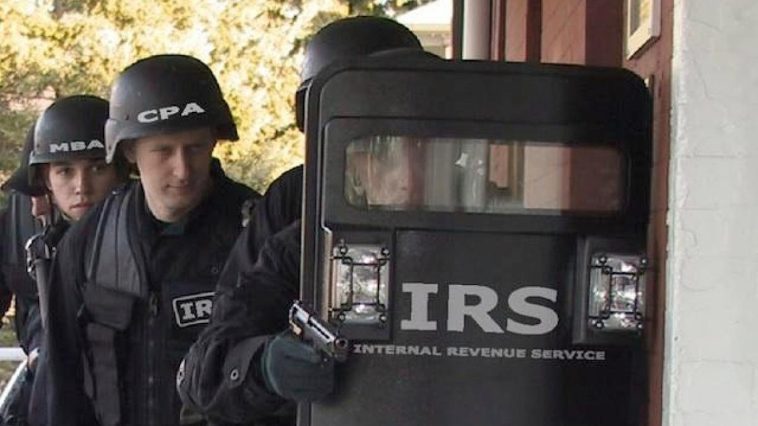LISTEN HERE:
On Monday, the Internal Revenue Service (IRS) declared it intends to rapidly reduce the number of unsolicited house calls made by its revenue officers to taxpayers, as a part of a drive to alleviate public confusion while bolstering safety procedures for both taxpayers and the IRS workforce.
This alteration, according to the IRS, upends a historically entrenched practice, where unarmed IRS revenue officers were duty-bound to pay visits to residential homes and establishments.
Their role included assisting taxpayers in settling their account balances by collecting any outstanding taxes and gathering unfiled tax returns.
Now on, the IRS has stated that there will only be limited instances that may necessitate unheralded visits. These visits will primarily be superseded by correspondence in the form of letters, which will be used to arrange meetings.
‘Taking this action is a logical step, as part of our initiative to examine how the IRS functions and how we can better serve taxpayers and the nation,’ stressed IRS Commissioner, Danny Werfel.
‘Doing away with this long-held protocol will serve to build trust in our work administering tax laws and, further more, enhance the overall safety of taxpayers and our employees,’ he added.
Citing Commissioner Werfel, the IRS has highlighted its awareness of the growing security threats that have come up from multiple directions in recent years.
With the increase in deceptive individuals misleading taxpayers, misunderstandings about unsolicited home visits by IRS revenue officers have also seen a rise.
‘At times, fraudulent individuals have knocked on doors pretending to be IRS agents, which causes distress for not only taxpayers but also local law enforcement,’ noted the IRS.
The agency further commented on how its officers ‘consistently encountered unpredictability and potential danger’ when they undertook these unscheduled visits.
‘With the tools we currently have at our disposal, we are well equipped to efficiently collect revenue without instilling unnecessary stress through surprise visits,’ Werfel declared in a statement.
‘The group that stands to lose the most from this policy modification are those who attempt to impersonate the IRS,’ he added. Instead of unexpected visits, taxpayers are now going to be on the receiving end of appointment letters, dubbed 725-Bs, which will allow them to arrange in-person discussions at mutually convenient times, according to IRS’ new plan.
The IRS declared that such visits would only continue in ‘exceptional scenarios’, such as when it’s necessary for serving subpoenas and summonses.
These rare instances would also include sensitive enforcement activities that involve confiscation of assets; particularly when there are valid concerns that the assets might be transferred beyond the jurisdiction of the government.
To provide some context, the IRS expressed, ‘The circumstances that may warrant such behavior seldom exceed few hundreds on an annual basis.
That’s quite an insignificant fraction when compared to the sheer volume of unannounced visits that were conducted yearly under the previous guidelines.’
Receiving unanimous support for this measure, the National Treasury Employees Union (NTEU), also lauded the change in practice. Tony Reardon, the president of NTEU, conveyed his approval of the decision to limit sudden visits by the IRS’ Field Collection employees in a public statement.
Stressing the gravity of the change, Reardon said, ‘The security of IRS workforce remains a top priority, and this decision will undoubtedly work in the best interests of those whose professional responsibilities have seen a surge in potential risks in the recent years, thanks to misleading narratives about the agency and its employees.’



